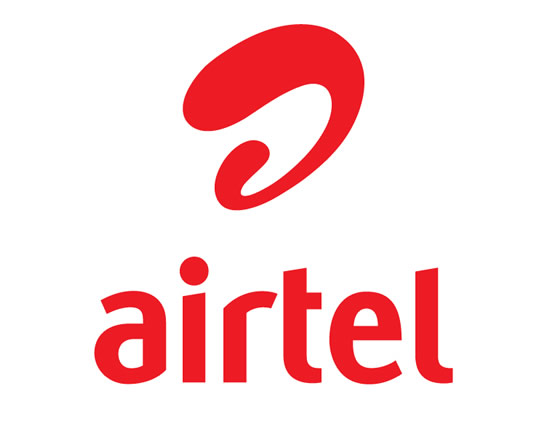Airtel Africa Plc, a leading telecommunications provider operating across 14 African countries, has demonstrated its continued commitment to the Nigerian market by increasing its capital expenditure (CAPEX) to $39 million in the second quarter of 2025. This represents a marginal 1.7% increase compared to the $38 million spent during the same period in the previous year. This investment underscores Airtel’s strategic focus on Nigeria, its largest and most crucial market, even as the company experienced a broader slowdown in group-level CAPEX during the same quarter. The timing of this investment aligns with heightened expectations from Nigerian telecom subscribers for improved service quality, particularly following a recent 50% tariff adjustment approved by the Nigerian Communications Commission. The influx of $1 billion worth of telecom equipment into the country further reinforces the industry’s commitment to network upgrades. Airtel’s investment is likely geared towards enhancing network infrastructure and expanding service coverage and capacity across both urban and rural areas.
While Airtel Nigeria’s CAPEX saw a modest increase, the group’s overall CAPEX for the quarter reached $121 million, marking a decline from the corresponding period last year. This decrease is attributed to timing differences in project execution rather than a shift in strategic priorities. The company has reaffirmed its full-year CAPEX guidance of between $725 million and $750 million, indicating that substantial investments are planned for the remaining two quarters. This substantial investment plan underscores Airtel’s commitment to long-term growth and its confidence in the potential of its African markets. The company’s CEO, Sunil Taldar, has expressed confidence in Airtel’s ability to capitalize on growth opportunities across its markets, emphasizing the company’s dedication to providing services that positively impact the lives and economies it serves. This commitment is further reinforced by the ongoing efforts to improve customer experience.
Capital expenditure, commonly referred to as CAPEX, represents the funds allocated by a company for the acquisition or upgrade of physical assets. In the context of the telecommunications industry, these assets typically include network towers, fiber optic infrastructure, and IT systems. Airtel’s $39 million investment in Nigeria during the second quarter of 2025 is likely directed towards these critical infrastructure components. This investment is aimed at modernizing and expanding Airtel’s mobile and broadband networks, thereby enhancing coverage, capacity, and ultimately, service quality for its 53.6 million subscribers in Nigeria. The investment comes at a time when the Nigerian telecom sector is undergoing significant upgrades, driven by both regulatory changes and increasing consumer demand for high-quality data services.
Airtel Africa’s strategic focus on Nigeria is driven by the country’s robust data consumption and consistently high customer demand. While Nigeria remains the cornerstone of Airtel’s growth strategy, the company also highlighted strong performance in its Francophone African markets, further contributing to overall revenue acceleration. This positive performance is attributed to a sustained focus on enhancing the customer experience across all its operational regions. Beyond infrastructure investments, Airtel has also been proactive in managing its debt portfolio, specifically focusing on reducing exposure to foreign currency volatility. This strategy is crucial for mitigating the financial risks associated with fluctuating exchange rates, particularly in emerging markets.
Airtel Africa has made significant progress in its debt localization program, a key component of its financial strategy aimed at minimizing the impact of currency fluctuations. As of the second quarter of 2025, nearly 95% of the company’s operating company debt, excluding lease liabilities, is denominated in local currencies, a significant increase from 86% in the previous year. This strategic shift towards local currency debt helps shield the company from the adverse effects of exchange rate volatility that have impacted several African economies, including Nigeria. By reducing its reliance on foreign currency-denominated debt, Airtel Africa strengthens its financial stability and mitigates the risks associated with currency fluctuations, enabling it to better manage its operations across diverse and sometimes volatile economic landscapes.
In conclusion, Airtel Africa’s strategic investment of $39 million in Nigeria during the second quarter of 2025 signifies its commitment to long-term growth in its most significant market. While the group’s overall CAPEX saw a slight dip due to project timing, the reaffirmed full-year guidance indicates substantial planned investments in the coming quarters. The company’s focus on network modernization and expansion, coupled with its proactive debt management strategy, positions it for sustained growth and reinforces its commitment to delivering high-quality services to its customers across Africa. Airtel’s emphasis on customer experience and its strategic investments in both infrastructure and financial stability underscore its ambition to remain a leading telecommunications provider in the rapidly evolving African market.


